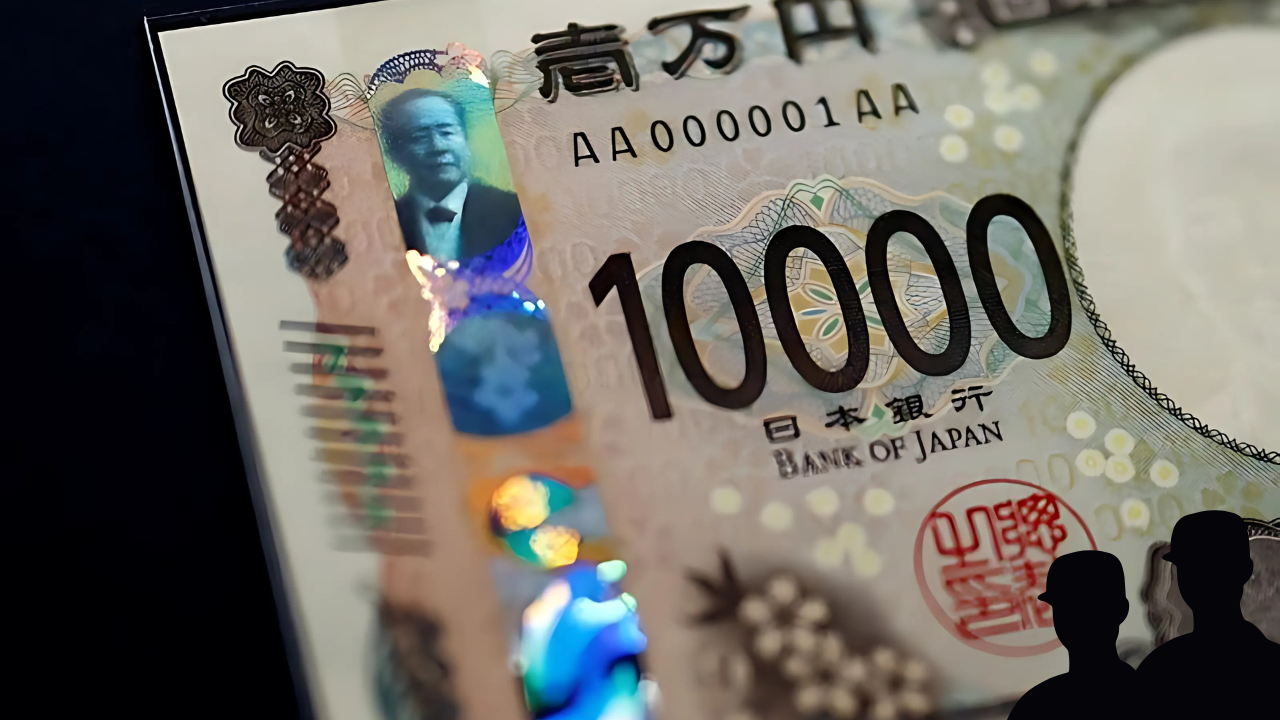
By: Rimi
Published on: May 02, 2025
Japanese investors have significantly increased their foreign stock holdings for the sixth consecutive week, signaling growing confidence in global markets as U.S.-China trade tensions show signs of easing. This strategic shift comes alongside a stronger yen, which reached a seven-month high against the U.S. dollar, offering investors a favorable window to expand their overseas portfolios.
According to Japan’s Ministry of Finance, local investors allocated a net 133.8 billion yen ($920.85 million) to foreign equities last week, marking the longest streak of net purchases since late 2024. This trend underscores a broader strategy to diversify assets beyond Japan’s domestic market, which has faced headwinds from aging demographics and stagnant growth.
The move aligns with a surge in the MSCI World Index, which climbed to a five-week high of 840.47 last Thursday. Analysts attribute this rally to two key factors:
Progress in U.S.-China Trade Talks: Renewed dialogue between Washington and Beijing has alleviated fears of retaliatory tariffs, boosting investor sentiment.
Strong Tech Sector Earnings: Robust quarterly reports from global tech giants have reinforced optimism about corporate profitability.
The Japanese yen’s appreciation to 139.86 per dollar — its highest level in seven months — played a pivotal role in shaping investment decisions. A stronger yen reduces the cost of purchasing foreign assets, making U.S. and European equities more attractive. However, it also poses risks for exporters by eroding the value of overseas earnings when repatriated.
Kenji Nakamura, Chief Strategist at Daiwa Securities, noted, “The yen’s rally provided a tactical opportunity for investors to lock in cheaper valuations abroad. While currency volatility remains a concern, the long-term growth potential of global tech and green energy sectors outweighs short-term risks.”
In addition to equities, Japanese investors poured 435.2 billion yen into long-term foreign bonds last week. U.S. Treasury bonds, in particular, have regained appeal as the Federal Reserve signals a pause in rate hikes, stabilizing bond yields. This contrasts with the Bank of Japan’s ultra-loose monetary policy, which continues to suppress domestic bond returns.
While Japanese capital flows outward, foreign investment in Japan’s markets has slowed. Key data highlights:
Japanese Equities: Attracted 278.3 billion yen in foreign inflows, the lowest in four weeks.
Japanese Bonds: Long-term bond purchases fell sharply to 60 billion yen, down from 1 trillion yen the prior week.
Experts attribute this decline to:
Yen Volatility: Foreign investors may be hedging against potential currency losses.
Shift to Risk-On Assets: Global funds are prioritizing high-growth U.S. and emerging market stocks over Japan’s defensive sectors.
Japan’s aging population and prolonged low-interest-rate environment have long driven institutional investors — including pension funds and insurers — to seek higher returns overseas. The Government Pension Investment Fund (GPIF), the world’s largest pension fund, has steadily increased its allocation to foreign stocks, now holding over 25% of its portfolio in global equities.
Erika Suzuki, Economist at Nomura Research Institute, explains, “With domestic yields near zero, Japanese investors have little choice but to look abroad. The recent thaw in trade tensions provides a timely catalyst to accelerate this pivot.”
The de-escalation of U.S.-China trade disputes has been a linchpin for global market optimism. Key developments include:
Tariff Reductions: Both nations agreed to roll back levies on $50 billion worth of goods.
Tech Collaboration: Semiconductor export restrictions are easing, benefiting supply chains.
Agricultural Trade: China has resumed purchases of U.S. soybeans and pork.
These steps have alleviated fears of a global recession, encouraging risk-taking among investors.
While the current trend favors foreign equities, analysts caution:
Currency Risks: A sudden yen depreciation could erode overseas gains.
Geopolitical Uncertainty: Escalations in U.S.-China tensions or conflicts in regions like Taiwan could disrupt markets.
Inflation Concerns: Persistent U.S. inflation may delay Fed rate cuts, impacting bond valuations.
Masato Miyazaki, Portfolio Manager at Mitsubishi UFJ Morgan Stanley, advises, “Investors should maintain a balanced portfolio, blending high-growth tech stocks with stable dividend-paying bonds to mitigate volatility.”
Q: Why are Japanese investors buying foreign stocks?
A: Low domestic yields, a stronger yen, and easing global trade tensions make overseas assets more appealing.
Q: How does the yen’s strength affect investments?
A: A stronger yen lowers the cost of purchasing foreign equities but hurts exporters’ profits.
Q: Will foreign investment in Japan rebound?
A: Likely, if the yen stabilizes and corporate reforms under the Tokyo Stock Exchange’s new governance rules attract global capital.
Japanese investors’ six-week foreign stock buying spree reflects a strategic response to shifting global dynamics. With trade tensions easing and the yen offering a tactical advantage, the appetite for overseas equities and bonds is poised to grow. However, navigating currency fluctuations and geopolitical risks will remain critical to sustaining returns.
Comments
No comments yet. Be the first to comment!
Leave a Comment